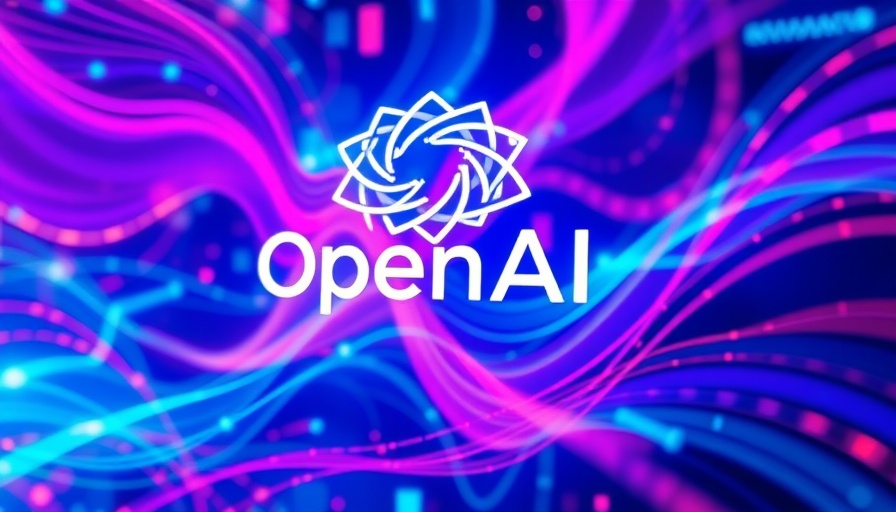
Revolutionizing Software Development: OpenAI's New Tools
As businesses increasingly adopt artificial intelligence, the task of building AI agents has just become much simpler. OpenAI has unveiled a groundbreaking set of developer tools aimed at creating intelligent agents capable of performing complex tasks autonomously. These tools, which include the new Agents Software Development Kit (SDK) and the Responses Application Programming Interface (API), enable developers to harness AI in ways that were previously complicated and time-consuming.
The Power of the SDK and API
The Agents SDK serves as a powerful framework allowing developers to build applications that can perform a variety of functions, from managing customer queries to executing transactions. Think of the SDK as a comprehensive toolkit that equips developers with the necessary resources to create AI-driven solutions. The Responses API complements this by allowing seamless integration of AI capabilities into applications, making the act of building and deploying agents more streamlined than ever.
A Practical Example: Developing AI Agents
During a recent demonstration, OpenAI showcased the capabilities of their new tools by creating an AI stylist agent. This agent was capable of recommending stores based on personal style preferences and utilized both internet searching and a private database. Additionally, the team produced a customer support agent that could handle refund requests and access historical purchasing data. This shows how developers can rapidly prototype functional agents tailored to specific business needs.
Market Readiness and Potential Applications
Companies racing to adopt these tools are already reaping benefits. OpenAI's Olivier Godement reported that within hours of the announcement, companies had pushed new products into production, such as billing agents and market analysis tools. The ease with which developers can now build agents signals a shift toward wider organizational implementation of AI technology.
Challenges in AI Agent Development
Despite these advancements, the race to develop effective AI agents remains fraught with challenges. Quantifying an agent's capabilities and ensuring reliability are key hurdles. As highlighted by TechCrunch, many AI agents struggle to perform as effectively as intended, raising concerns about accuracy and utility. OpenAI acknowledges this, admitting that their models still have room for improvement in terms of task execution.
The Future of AI Agents: Predictions and Insights
Looking ahead, OpenAI aims to expand its tools to foster the growth of more robust and capable AI agents. As AI becomes integral to the workforce, we can expect ongoing innovations that will enhance productivity across various sectors. Harnessing the latest AI capabilities could transform workflows, allowing businesses to automate complex tasks with ease.
Closing Thoughts: The Path Forward
OpenAI's latest offerings represent a significant stride towards a future where AI agents become commonplace in various industries. As technology evolves, businesses that leverage these tools will have a competitive edge, streamlining operations and improving efficiency. Developers and enterprises are urged to explore these new tools, as they carry the potential to reshape traditional methods of project development and execution.
Get Started with OpenAI's New Tools
The rapidly evolving world of AI presents huge opportunities for developers and businesses alike. For those interested in building or implementing AI systems in their organizations, now is the perfect time to explore OpenAI's latest offerings. Dive into the documentation and get inspired to create innovative AI applications that can tackle real-world challenges.
 Add Row
Add Row  Add
Add 




 Add Row
Add Row  Add
Add 

Write A Comment